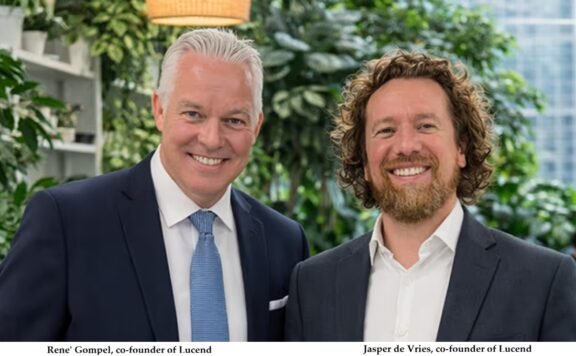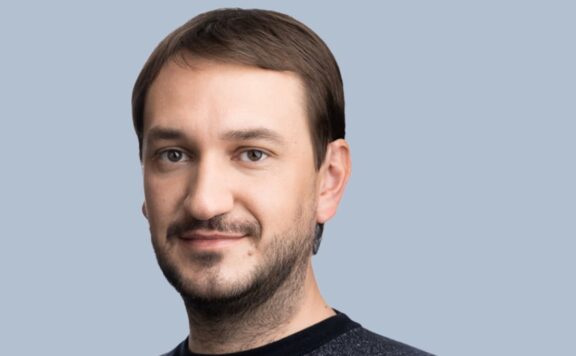Seven startups and NGOs were awarded $150,000 in total at the MIT Enterprise Forum Pan Arab Innovate for Refugees award ceremony which took place in Amman on Tuesday. The Innovate for Refugees (IFR) competition called for technology driven solutions that alleviate challenges refugees face in the following areas: healthcare, food, shelter, security, education and energy.
IFR received over 1600 applications from across the world. Nine were selected as finalists. Some contestants already built their prototypes and validated their products, while others are still at the idea stage. During the upcoming year, the MIT Enterprise Forum will be following up with the winners through mentoring sessions.
“The digital revolution is going to change the world, it’s going to be the young people who are going to drive that change,” said Saeed Darwazeh the CEO of Hikma Pharmaceuticals. Darwazeh was a member of the judging panel. While the Syrian refugee crisis has taken the international spotlight in recent years, the competition addressed humanitarian conditions of the 21.3 million refugees globally.
“The combination of technology and philanthropy can solve any problem in the coming years, and any solution outside this combination is meaningless,” said Hala Fadel, the chairperson of the MIT Enterprise Forum of the pan-Arab region. Technology offers a glimpse of hope to a struggling refugee response. It connects all stakeholders involved, and also helps reduce dependency on bureaucratic, underfunded, and oftentimes lagging institutions.
“The scale of the challenge that we are dealing with is new, even for humanitarians who are used to crises. It is very clear that the solutions we have been using overtime are not enough,” said Eva Kaplan, innovation specialist at UNICEF Jordan.
In an attempt to integrate entrepreneurial skills and values into vulnerable communities, UNICEF Jordan launched innovation labs across the kingdom in poverty pockets and refugee camps. The labs offer training in life skills, and how to access to information, technology, and employment opportunities. At least 15,000 people are expected to benefit from this program.
Other similar initiatives include the non-profit Rebootkamp which offers refugees in Jordan’s Zaatari refugee camp educational programs in what is titled ZatLABs. Zaatari camp hosts 80,000 Syrian refugees and is the world’s second largest refugee camp in the world. A 2015 study shows that 86 percent of youth in Zaatari own a mobile handset, and more than 50 percent use the internet at least once a day. The numbers present a window of opportunity for humanitarian workers seeking tech solutions to refugee challenges.
Such connectivity has to be appreciated suggested Admir Masic, a former Bosnian refugee and MIT professor. “Two decades ago we couldn’t access the [digital] revolution we are living right now. It’s really about making connection possible. I think about the refugee camp where I was 20 years ago when my window to the world were Italian volunteers,” he said during a panel discussion.
The competition was sponsored mainly by Zain and MBC Hope, and supported by UNHCR, Unicef, UBER and Jusoor.





